

Deleting your Facebook or Twitter account is surprisingly hard. You can’t just go to your account settings, click Delete and watch your profile vanish into a collection of ones and zeroes. It takes a bit of effort and it’s the same for most other social networks. The Internet is very good at remembering things.
This isn’t just a conspiracy to prevent users leaving (although there is an element of that); there are very good reasons that deleting your social media profiles is hard work. Let’s look at why that is and how, if you want to, you can finally delete them for good.
One of the biggest reasons that social networks are hard to delete is that handling it actually presents a technical challenge to the developers. While you might think that your data is limited to your account, with a service like Facebook that simply isn’t the case. Your data is entangled with ever other user you interact with.
Let’s take a simple example: messaging a friend on Facebook. The messages you send to each other are connected to both your accounts. If Facebook just deleted your account from their database it would completely break your friend’s account. Every time they visited messages, Facebook would try to retrieve non-existent data and their instance of it would crash. This obviously doesn’t happen because the developers have taken precautions but it just goes to show that removing a user is never a simple task.
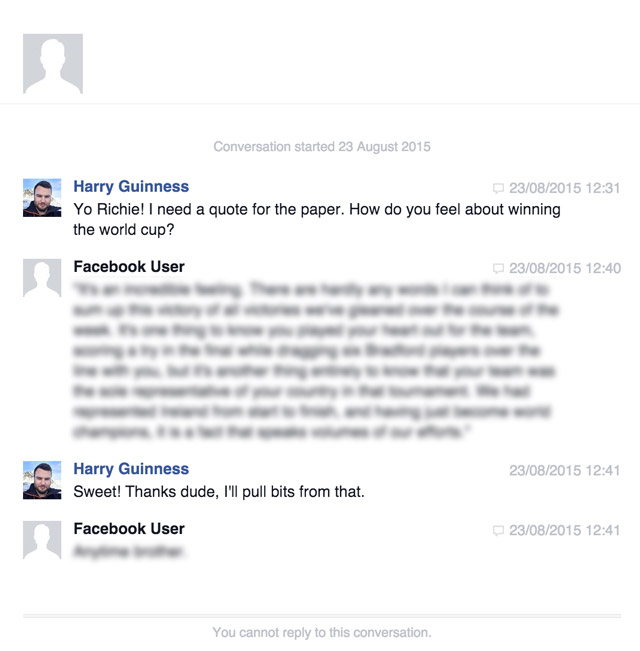
What about other content? What counts as your data? Say a friend tags you and a few others in a post on their page — obviously the link to your page is broken when you delete your account but should your name be removed? Or what if they’d shared a post of yours? How should Facebook handle that situation?
These are all difficult decisions that social networks have to make. I share plenty of my friend’s posts and have no intention of deleting my Facebook account. I’d be pretty annoyed if something I’d shared and had made my own by adding a comment or engaging with other people was missing when I searched for it just because the first person to share it deleted their account.

There is no good way for Facebook or Twitter to handle these situations. Every solution in some way breaks the service for other users. The best scenario for them is, that if you want to leave the service, you just stop logging in. That way nothing gets broken.
The other major reason that social networks make it hard for you to delete your accounts is that they just don’t want you to go. Most social networks’ business models are reliant on having large numbers of users. More users means more money from ads, which means profit. While active users are prized over inactive ones, an inactive user is better than no user.
"I'm leaving Twitter." Three weeks later… "Oh Twitter I missed you! I'll never leave again." The next Tuesday. "I'm leaving Twitter."
— Harry Guinness (@HarryGuinness) January 13, 2016
There’s also a chance that an inactive user will once again become an active user. I know that I’ll regularly abandon Twitter for weeks or months before logging back in and using the service every day. I reckon there are plenty of other people like me.
Having users leave a service also looks bad. If the press started to report that tens of thousands of users were deleting their accounts every day it could tank Facebook’s stock. Instead, leaving them as inactive or deactivated accounts doesn’t sound any where near as bad.
As I’ve mentioned, deleting your social media accounts is awkward. You normally have to jump through a few hoops to do it. The companies don’t want you, in an angry moment, to decide you’re done with Facebook and be able to quickly delete your account. They want to put as many barriers in the way as possible so that you’re more likely to reconsider or only deactivate your account.
Twitter, for example, won’t delete your data for 30 days. You can log back in and reactivate your “deleted” account at any point in that time period.
Facebook take that step a little further by automatically reactivating your account and cancelling your deletion request if you happen to log in in the cool-off period. This means if you happen to have any other apps or sites that use a Facebook login you need to disconnect them before you start to delete your account.
The first thing to do is decide whether or not you want to delete your account. Not logging in or deactivating it will have much the same effect while allowing you to come back later. You might not like Facebook that much but it is still a handy place for keeping in contact with your high school friends. If, later down the line, you want to reach out to an old friend it’s much easier if you can just log back in to an old Facebook account rather than starting a new one just to track them down.
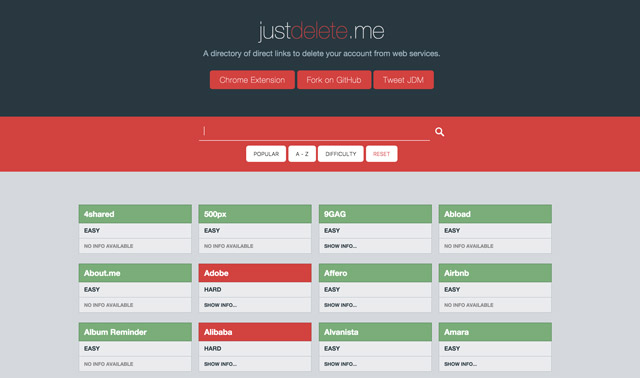
If you do want to it, the best way is to use a site like JustDeleteMe which has walkthroughs and links for how to delete your account at most major web services. They also rank how easy it is to delete each account so you can get an idea of how much effort it’s going to take.
It’s important to note that in many cases the data won’t vanish instantly. It will take time for it to be removed from the social networks and in some cases, like Facebook messages, it may never be deleted as it’s actually attached to someone else’s account.
While it would be lovely just to hit a button and wipe your Facebook account, in reality that just isn’t possible. Social networks are just too complex to easily allow for someone to remove their data. They also don’t want you to leave so it’s in their interests to make it even more awkward.
If you are planning to delete your accounts, you have to accept that you’ll be made wait, submit requests, and otherwise deal with minor road blocks. Sites like JustDeleteMe are there to help you through that trying time.
Have you ever deleted a social media account? How much effort was it?

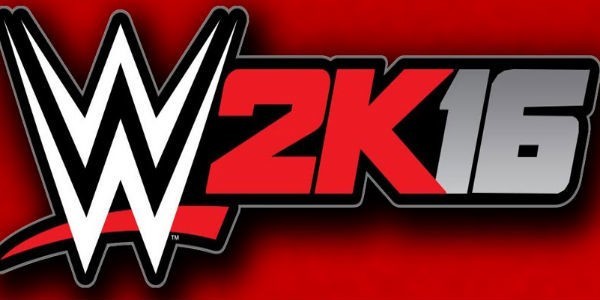
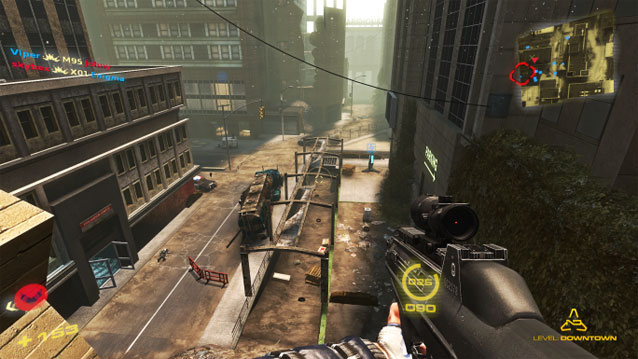

 Football Manager Classic 2015 review
Football Manager Classic 2015 review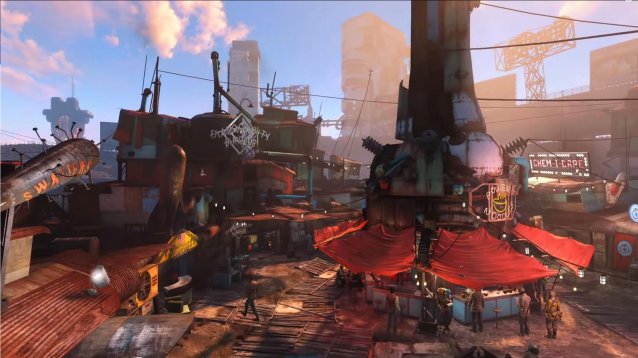 Fallout 4: How to Get Unlimited Caps, Weapons, Ammo, and Armor from Any Vendor
Fallout 4: How to Get Unlimited Caps, Weapons, Ammo, and Armor from Any Vendor Grey Goo (PC) All Missions Guide
Grey Goo (PC) All Missions Guide Call of Duty: World at War Guide
Call of Duty: World at War Guide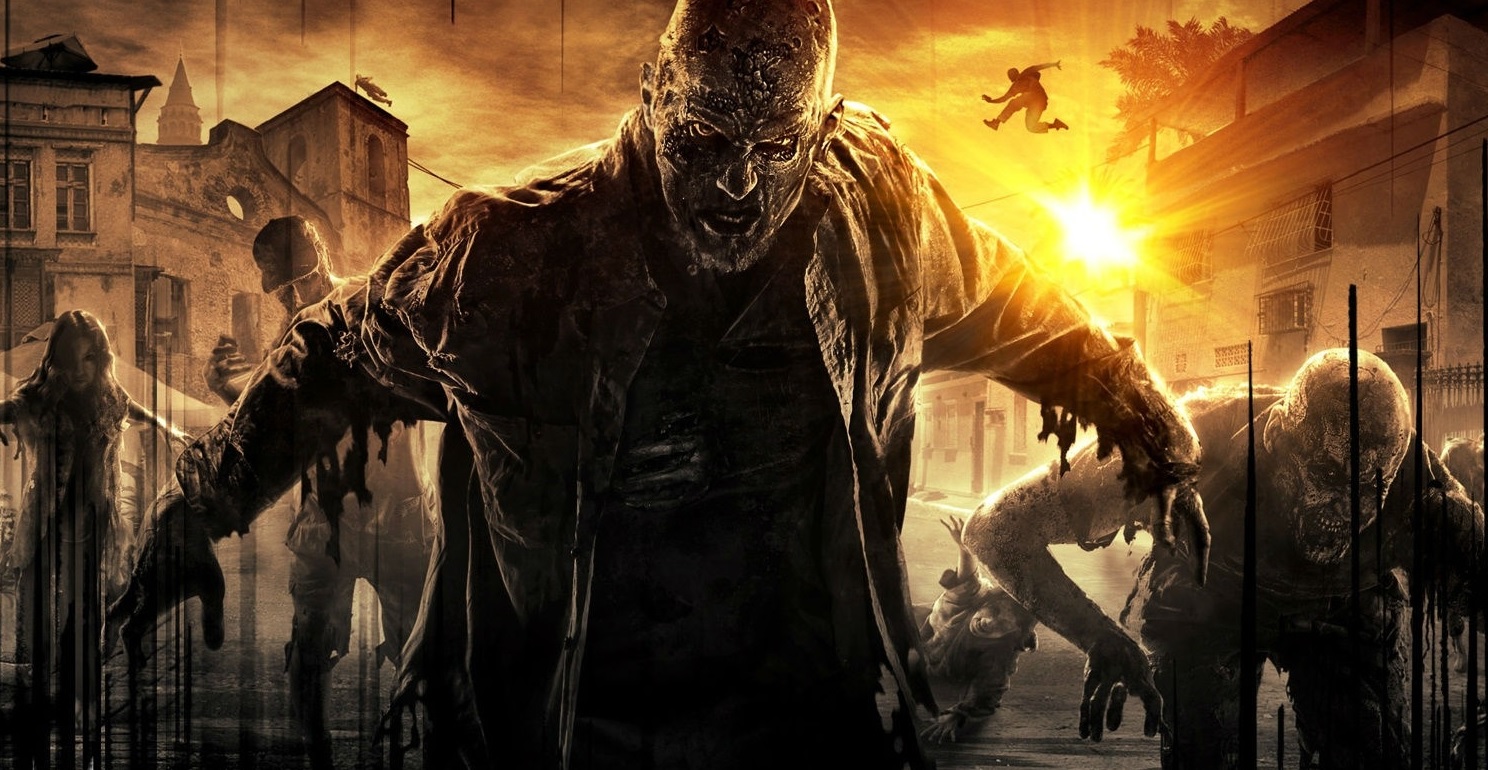 Dying Light Tips & Tricks: How to Kill Without Killing
Dying Light Tips & Tricks: How to Kill Without Killing